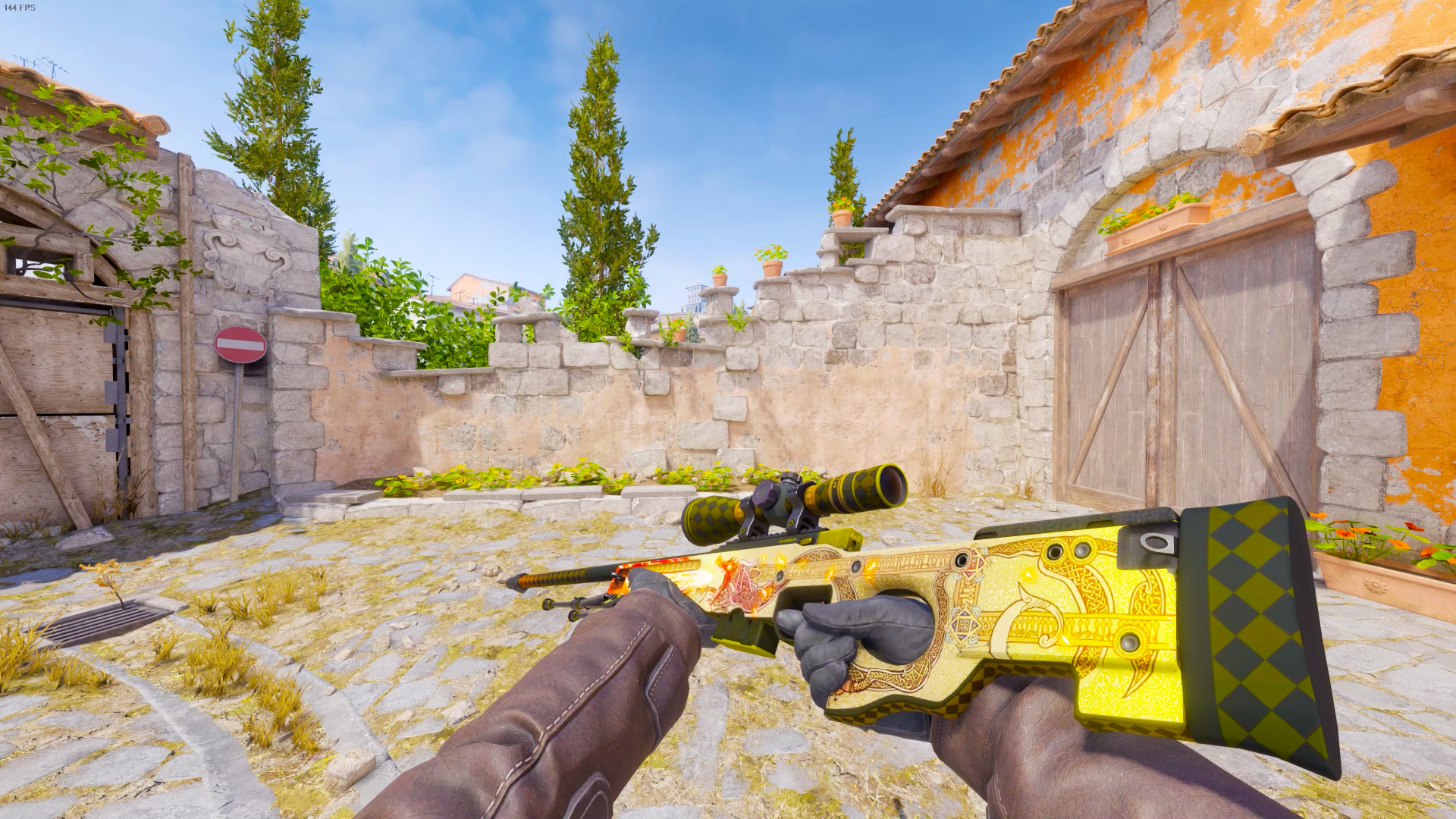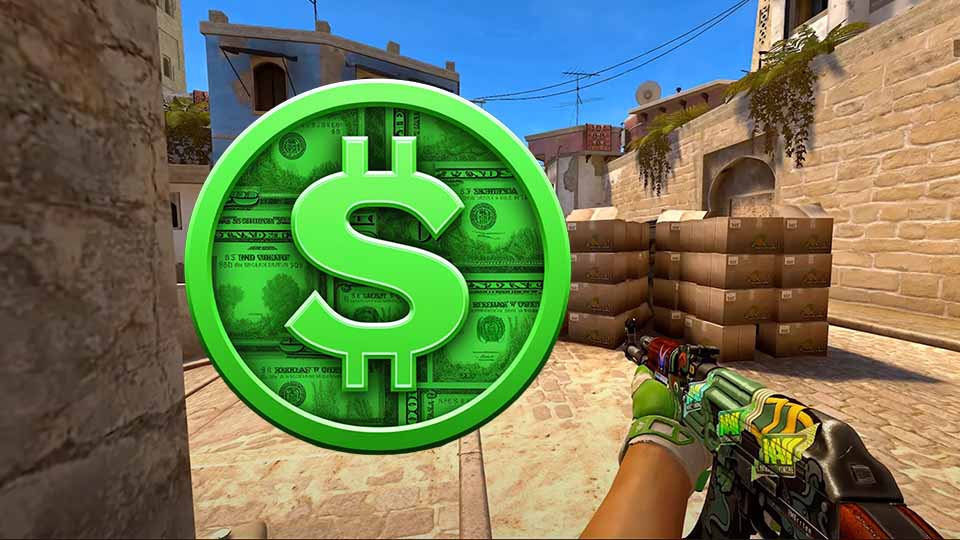A New Economy Approach to Winning More CS 2 Matches
Do you always make the most optimal decisions when buying at the start of each round? Probably not.
Whether you’re playing for fun or aiming to be professional, understanding the game’s economy is a crucial part of improving your chances of winning.
A recent research paper has shed new light on this aspect of the game, introducing concepts like Optimal Spending Error (OSE) and sub-optimal decisions.
Let’s break down these terms and see how you can use this knowledge to improve your chances of winning more games CS 2.
Understanding the Research
In the world of Counter-Strike, every round starts with a crucial choice: how much of your team’s money should you spend on equipment? This choice isn’t just about getting the coolest weapons because it can seriously affect the chances of whether your team wins or loses.
To help understand this, researchers came up with something called the Optimal Spending Error (OSE). Imagine you’re about to spend your team’s money at the start of a round. The OSE is like a score that shows how close your spending plan is to the most optimal decision – the one that gives your team the best chance at winning the game. If your plan is spot on, your OSE is low. But if your plan is off, your OSE is high.
Now, you might think that the pros always have a low OSE—that they always spend their money in the best possible way. But the researchers found that is not the case. Even the best teams in the world sometimes make what’s called “sub-optimal” decisions – choices that don’t line up with the best possible plan.
The image below is an overview of the CT win probability by score on the map Inferno. Winning the first two rounds can increase a team’s chance of winning the game by roughly 15%.
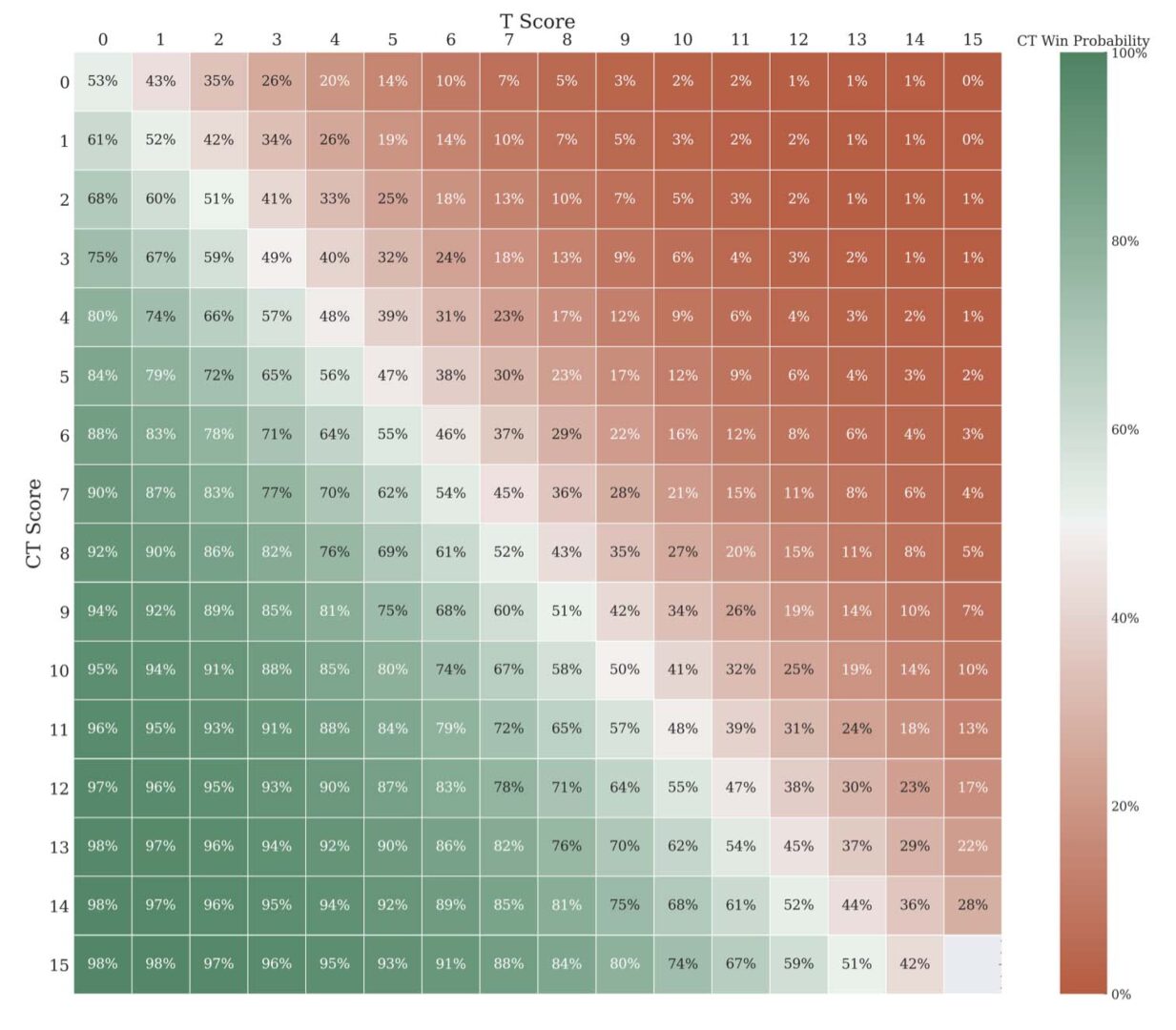
Practical Tips for Casual and Pro CS 2 Players
Now that we understand the research, let’s look at some practical tips on how to apply this knowledge to your own gameplay.
Understand the Importance of Economic Decisions
Recognise that your decisions on how much money to spend on equipment can significantly impact your team’s chances of winning the match.
Consider Your Team’s Current Situation
Always take into account your team’s current score, the equipment you already have, the amount of money you have, and the potential spending decisions you could make.
Optimize Your Spending Decisions
Try to align your spending decisions with what would be optimal for your team’s situation. This could mean saving money in one round to be able to afford better equipment in the next round or spending all your money in a crucial round to maximize your chances of winning.
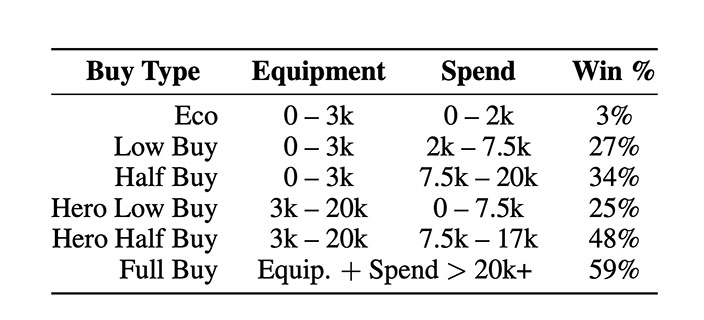
Learn from Professional Teams
Pay attention to the buying strategies of professional teams. While they often make sub-optimal decisions, they are still likely to have more effective strategies than casual players.
Minimize Your Optimal Spending Error (OSE)
Aim to minimize your team’s OSE, which is a measure of how much your spending decisions deviate from what would be optimal. The lower your OSE, the more effectively you are managing your team’s economic resources.
Adapt Your Strategy Based on how the Game Progress
Be flexible and willing to adapt your buying strategy based on how the game is progressing. Different situations may call for different buying strategies, so it’s important to be able to adjust your approach as needed.
Continuous Learning and Improvement
Always be open to learning and improving. The world of esports, including CSGO, is constantly evolving, so it’s important to stay up-to-date with the latest strategies and techniques.
By knowing and applying these principles, you should be able to make smarter economic decisions, giving you higher chances of winning the match.
Understanding Spending Scenarios in CS 2
Now that we’ve covered some practical tips, let’s dive deeper into the different spending scenarios you normally face in a game. Understanding these scenarios can help you make more informed economic decisions about how your team should spend the money available.
Full Buy
In this scenario, a team spends all or most of their money to buy the best equipment, including rifles, armor, and utility. This is typically done when the team has a significant amount of money and wants to maximise their chances of winning the current round.
Eco Round
Also known as “saving,” in this scenario a team chooses to spend very little or no money, usually buying only pistols or not buying at all. Teams typically do this when they have a low amount of money and want to save up for a full buy in a future round.
Force Buy
In this scenario, a team spends all of their money, even if it’s not enough for a full buy. This is common when the team is in a desperate situation, such as being close to losing the game, and needs to try to win the current round at all costs.
Half Buy
In this scenario, a team spends some of its money, but not all of it. This is often done when the team has a moderate amount of money and wants to balance between trying to win the current round and saving up for a future round.
Bonus Round
In this scenario, a team chooses to stick with the weapons they won from the previous round, even though they have enough money for a full buy. This is usually done when the team has been winning the first couple of rounds and wants to build up the economy.
Final thoughts
This new perspective on the economy in Counter-Strike is an exciting advancement for the game. However, even though this study offers valuable insights for both casual and professional players, it’s unfortunately not possible for the average player to apply these calculations in their own gameplay. It would require access to the win probability model used in the study and extensive mathematical skills to read the data.
Hopefully, some third-party programs will start to incorporate this type of data and utilise these advanced calculations, so we can start to gain the strategic advantages.
References
Xenopoulos, P., Coelho, B., & Silva, C. (2023). Optimal Team Economic Decisions in Counter-Strike. New York University
You might also like

Guide to Improve Your Reaction Time

The Role of Reaction Time and Eye-Hand Coordination in CS
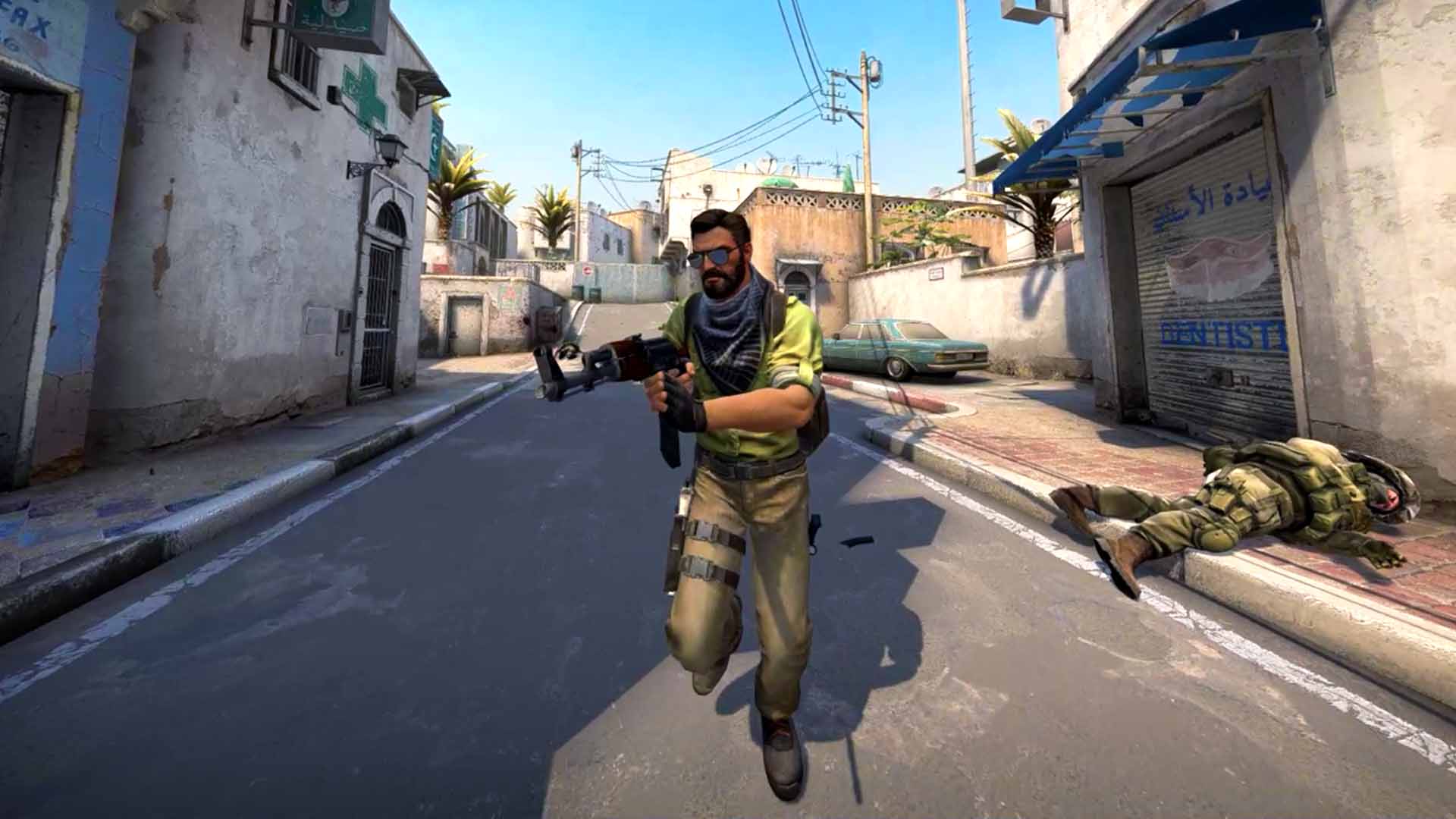
10 Types of Counter-Strike Tactics
